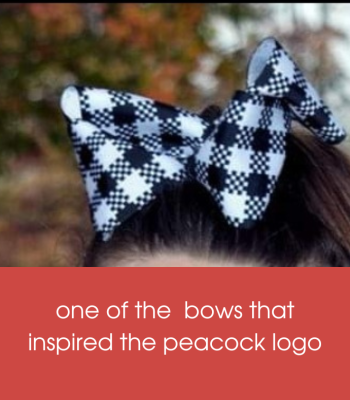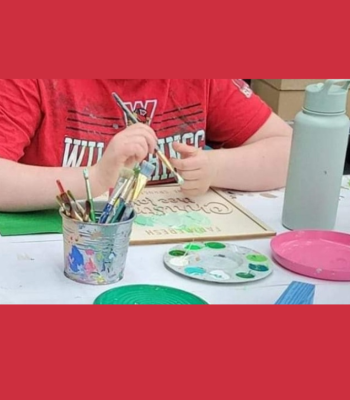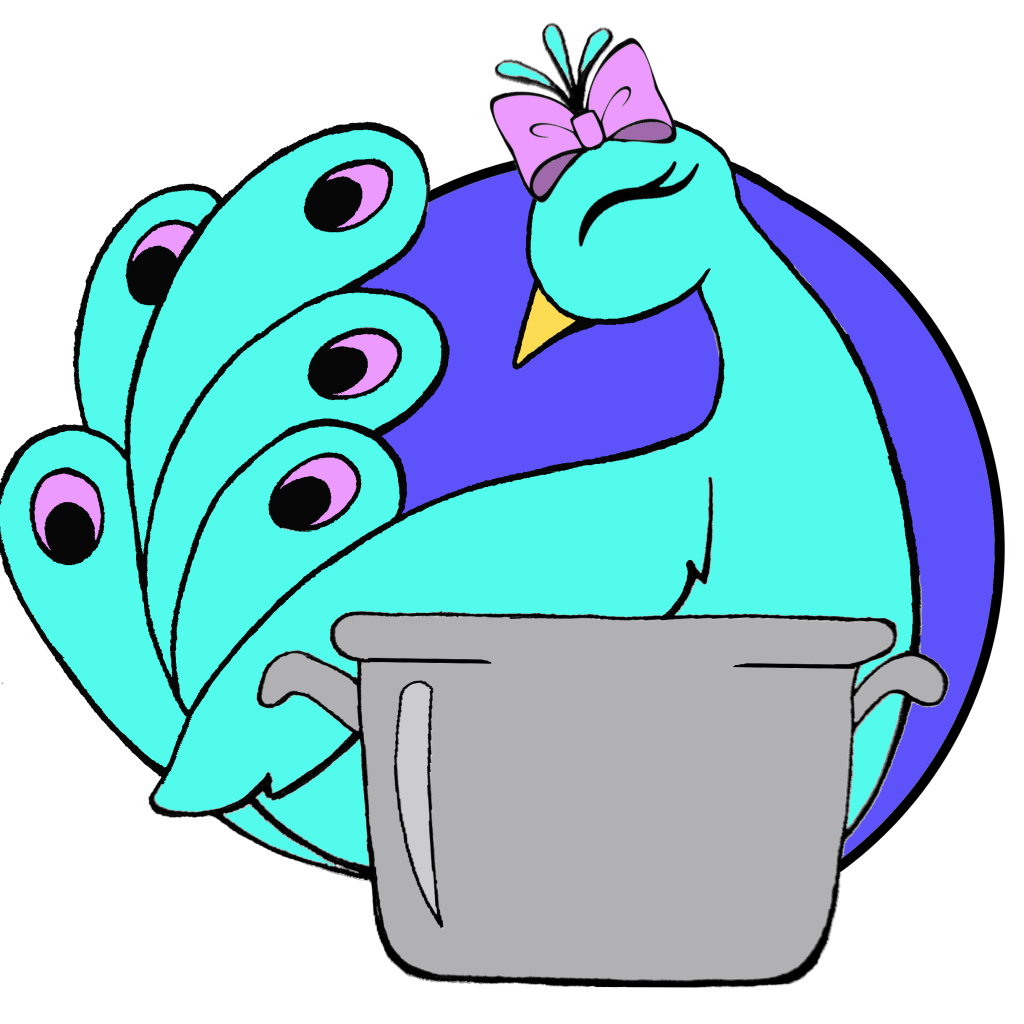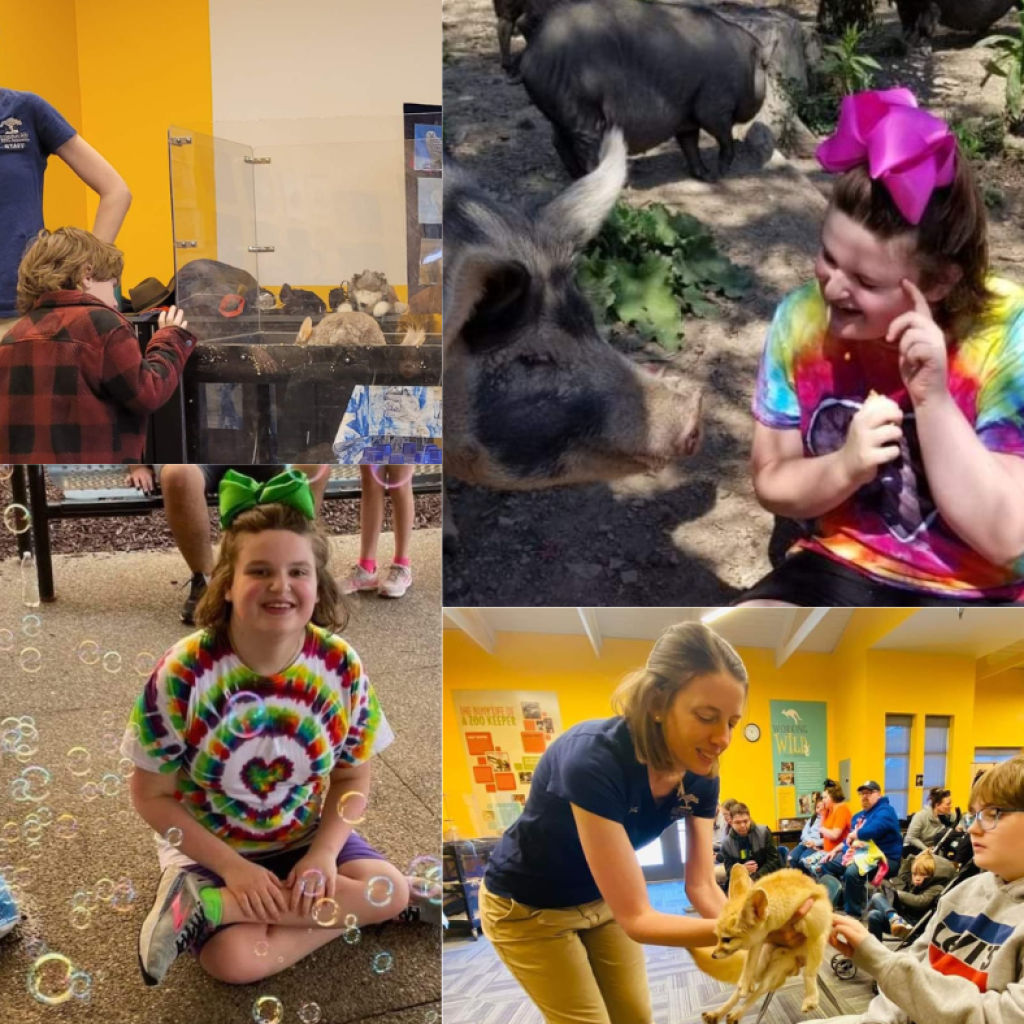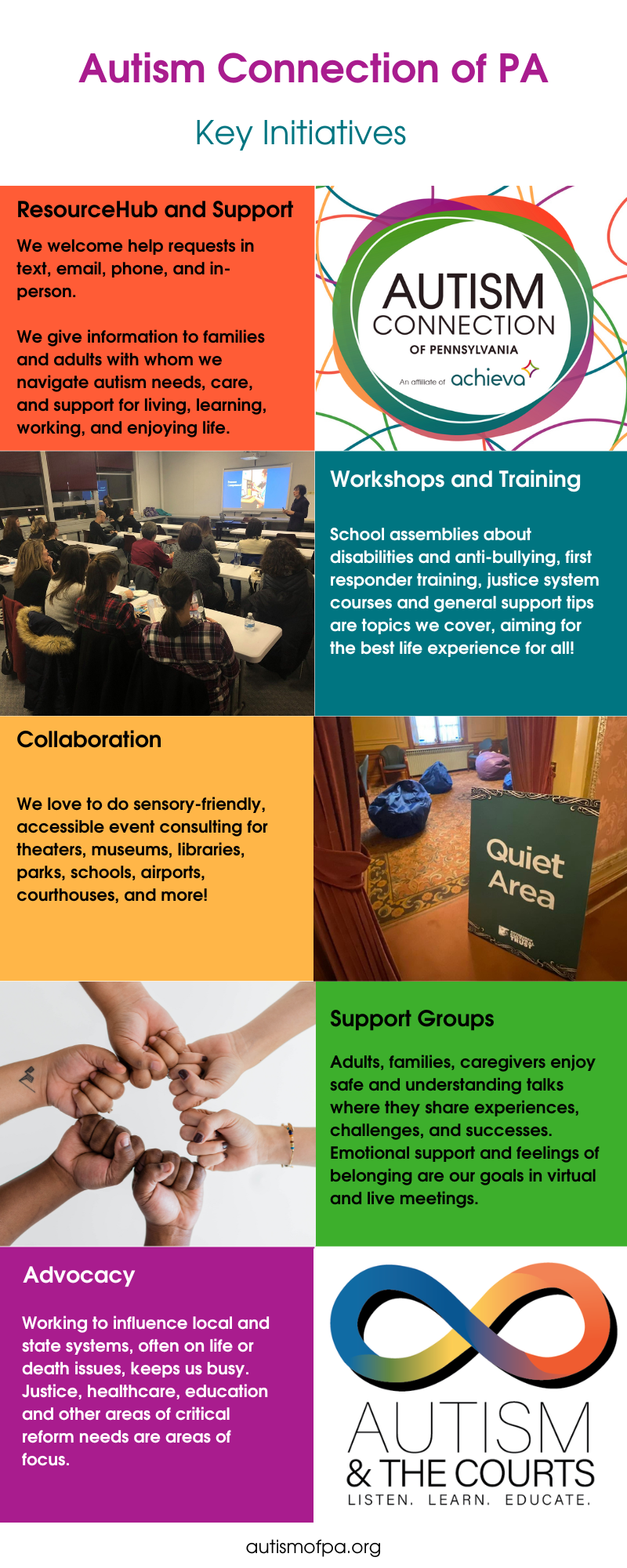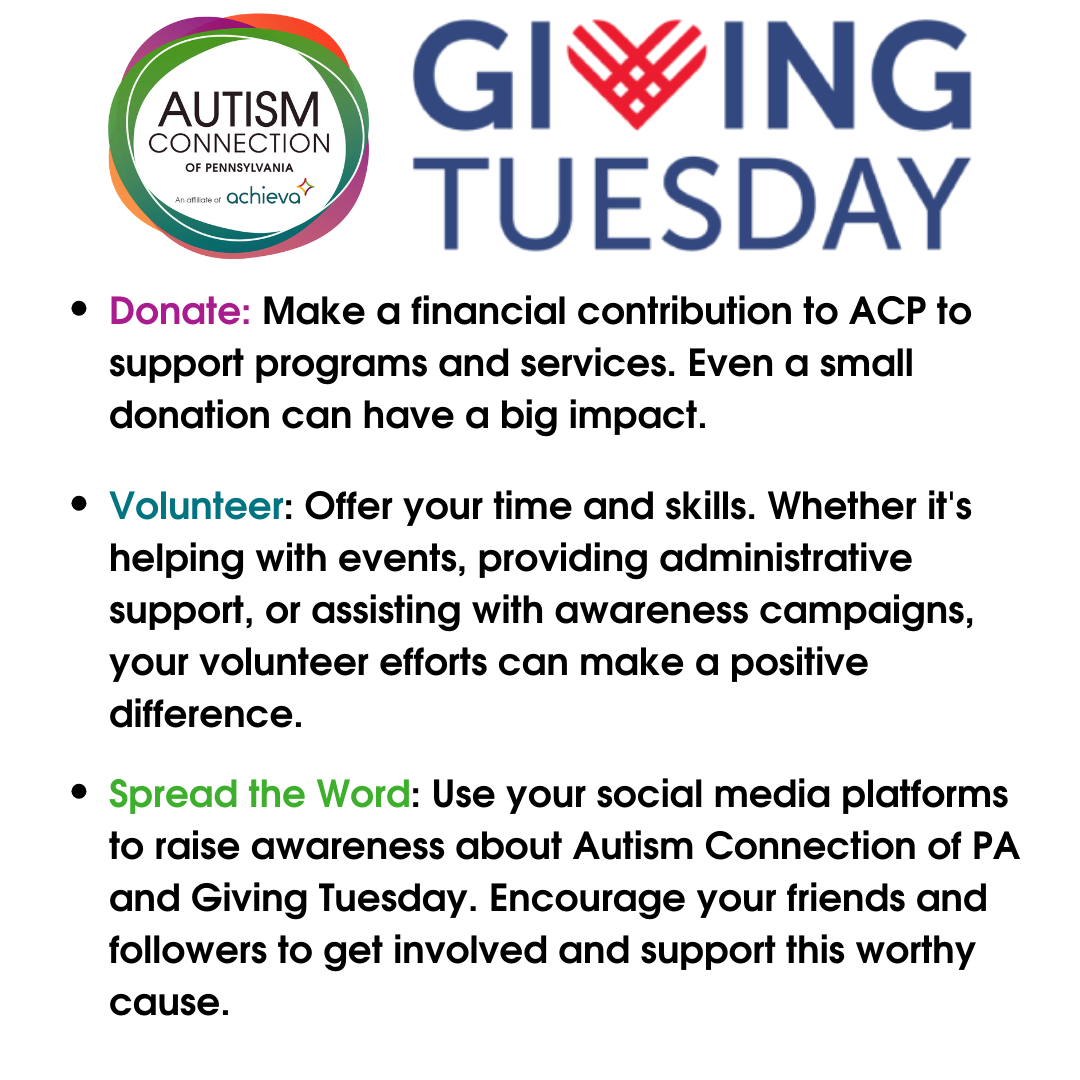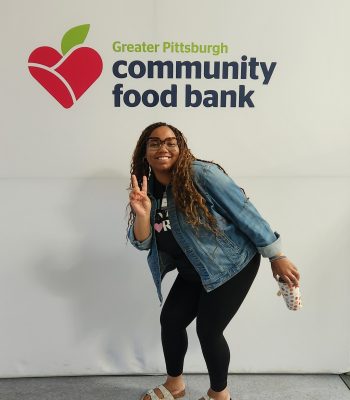Autism Connection of PA hosts the Late Diagnosis of Autism virtual support group the second Wednesday of every month, and topics cover everything from masking to finding out how to get an adult autism evaluation. On December 11th 2024, the group explored Autism and Communication.
The Late Diagnosis of Autism Support Group Meeting was held online with an option to leave cameras off, and/or use the chat feature instead of speaking. The topics people brought up during this meeting included:
- Communication difficulties
- Difficulties with small talk
- Offending people inadvertently
- Positive aspects of communication differences
- Ask questions to cope when they feel overwhelmed
- To end conversation “thank” them
- Sent boundaries by setting time limit
- Texting communication differences lack of body language
- Using AI to help with tone in emails
- To help with conversation exhaustion, run to the bathroom and have concealed fidget items
Social communication has been a concern for, well, my entire experience interacting with people, before and after I knew I was autistic. Interactions with peers in elementary school were baffling, and I often was at a loss when it came to words and meaning. This differs from understanding written communication, and it primarily settles on literal meaning versus social meaning: the difference between what words literally mean and what people mean when they use words, along with the complexity of reading body language, facial expressions, and tone of voice, not to mention the unspoken rules of social discourse that I can’t help but break because they are situational and ever-changing. There are a lot of things going on and I tend to focus on one thing at a time, like many autistic people do.
Balancing between the complex rules of grammar and the even more complex rules of social interaction is very taxing on the brain. During social exchanges, we “read” expressions, gestures, tone, and try to put everything in context. The challenge is that I tend to focus on one thing at a time, and I miss out on important details.
For example, if someone says, “I didn’t expect to see you here,” I know what the words mean, but I don’t know what the meaning of the sentence is. This is because it can mean a number of different things, and if I don’t catch the facial expression or tone, I circle back through all of the possible interpretations, and then I miss whatever follows in the exchange. This can make me a poor conversationalist because my mind tendrils out into thoughts that can’t be controlled, and are set into motion by words.
When I’m trying to make sense of what a person means, my gut instinct is to rephrase their spoken words aloud to help things make the most sense, which can come off as constantly correcting people, and is usually off-putting. So while I am always striving for best understanding, and I think I am improving the interaction, I may actually be misunderstood in the process.
Person: “He convinced me to vote.”
Me making sense of the statement: “He persuaded you to vote,” seems like correcting, but it’s interpreting.
Decoding: It’s Just Like Riding a Bicycle
Some of us have to work hard to decode what people actually mean, which takes a lot of time and energy. It’s like how riding a bike comes naturally to many, but for others, it is a lot of work to think about coordinating: push left foot down, then right foot, keep eyes on the horizon, don’t look down, grip the handle bars but not too hard, don’t let the wheel shake or wobble, keep balance but lean to one side while twisting the handle bars and pedaling at the same time to make a turn. Whew! This is how hard interpreting language can be for autistic people who often do things best, one thing at a time.

Yes. It is just like riding a bicycle.
When I was a child, I had a stutter, and my speech therapist suggested, “Don’t think about what you are trying to say, think about the words you are using.” I have a clear understanding that there is a language of thought and a language of words, and they don’t always gel. If you’ve ever said, “How should I put it?” you may be able to relate. It – the idea that is in the language of thought – has not been formed into words yet. It just hangs there, and you may not find the words to communicate it at all. For me, words, dictionaries, thesauruses, and etymology have become areas of intense focus, and it’s magnificently complicated.
The following may appear to be nit-picking about correctness and grammar. I don’t mean to be prescriptive as a general rule, or imply everyone should use standard written English in conversation. To me, it is more important to consider how words create social meaning, than to dictate how they should be used based on grammatical rules that date back to the 1500s, and honestly seem arbitrary (for example, Sir Thomas Smith’s De Recta et Emendata Linguae Anglicae Scriptione [1568] that bases English grammar on Latin, and yes, it’s written in Latin).
(Dictionaries are either traditionally prescriptive and or descriptive, and they’re at odds. The first descriptive dictionary that I’m aware of is Webster’s Third New International Dictionary of the English Language, Unabridged (1961). My favorite is Bryan Garner’s A Dictionary of Modern American Usage (1998). This type of information is probably why people may navigate away from me at parties – I’m a bit of a word nerd, so I’ll stop here with the dictionary usage wars.)
Literal Meaning and Social Meaning Confusion
A social exchange that can interfere with interpreting meaning may go as follows:
Person: “I’m nauseous.”
Me: “You’re not nauseous. I assure you. I feel fine and everyone else seems perfectly okay.”
Why might I, as a literally-minded person, say that? She’s saying she feels sick, and I’m misinterpreting that as her saying she worries she is making others feel sick. I figure that I am doing the person a kindness in assuring her that she is indeed not nauseous since no one appears to be sick in her presence since nauseous literally means “causing nausea or disgust.” Over time, the meaning has changed to “feeling nauseated” in a social context, and in descriptivist dictionary entries.
When it comes to social language – how spoken words are actually used – in this type of exchange, I will most likely be wrong. She may wonder why I would suggest that I know exactly how she feels, and why on earth would I mention that others don’t feel sick?
“Language Nerd Masking © Autism Connection of PA, 2024 is camouflaging knowledge of correct language by trying to blend in by allowing the rules to be bent.” With enough practice, you can even break the rules yourself!
There’s an exhaustive list of words that take up my brain energy and require a lot of effort for me to decode in conversations, because they no longer hold their literal meaning. Two examples:
Impact – is a noun currently used as a verb – maybe because affect doesn’t have as much punch. You wouldn’t say “I was impacted by the car” because it simply doesn’t make sense. Wisdom teeth are impacted. But you would say, “This event impacted my life.” In my mind, I have to rephrase the sentence as “This event made an impact on my life” for it to make sense to me. Also, I have no idea whether the impact was positive or negative. This all takes time for me to process, and if the conversation is moving forward, I miss a beat, or I may get completely lost.
Myriad – is like numerous but it’s now being used as a noun “a myriad of reasons” that strikes me as odd as someone saying “a numerous of reasons” but it’s how people use the word, and usage prevails.
These and myriad other examples impact my social interactions because I have to take extra time to figure out what people mean – and that extra time takes my attention away from other words exchanged while I am sorting this all out. The conversation moves forward, and I’m a step behind and can’t catch up.
Words Drive Meaning, Meaning Drives Relationships
Consider the back-and-forth dynamic in conversations, and think about a time when you have asked a “yes or no” question. Did the person simply say “Yes” or “No” leaving something awkward hanging in the air? They may be aware of the awkwardness, but may not be aware of the social rule requiring further information.
When you’re in the presence of an autistic person, remember that the onus is always on them to sort through meaning. Exchanges that come naturally to non-autistic people take a considerable amount of energy for an autistic person to process, interpret, and respond. And it’s exhausting.
The writer David Foster Wallace explores struggling with peer social interactions as a child in Consider the Lobster and Other Essays. He excelled in standard written English, but he was “actually deficient in Language Arts…[had] only one dialect…[could not] alter his vocabulary, usage, or grammar, [could not] use slang or vulgarity; and it’s these abilities that are really required for ‘peer rapport,’ which is just a fancy academic term for being accepted by the second-most-important Group in the little kid’s life.”
Many of us continue to struggle to feel accepted by the “Group,” as adults. Taking all of this into account, revisit the bulleted list from the Late Diagnosis of Autism Support Group meeting. What would you add to the list for yourself?




